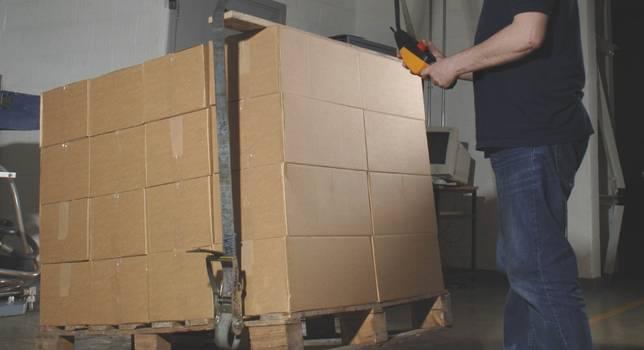Cost avoidance through lightweighting of packaging remains high on the agenda for almost every pack supplier, brand owner and retailer. Reducing materials weights and modifying pack format to lighter configurations is an ongoing effort for almost every business in support of cost reduction, reduction of environmental burden and progressing towards sustainability. Much legislation is in place around the world to support this as well as significant pressure from consumers and retailers.
By reviewing the physical requirements of product and pack for all stages of the life cycle, Smithers is able to:
- Identify the key factors for consideration in lightweighting
- Ensure materials reduction or change does not introduce damage
- Determine if a risk or other detrimental effect is present in the supply chain.
We utilize both laboratory and field measurement work, to deliver tangible packaging performance data in support of lightweighting efforts.
Examples of what we do
Lightweight beverage cans
Innovative measurement study to evaluate critical top-loading conditions on beverage cans during warehouse storage to define limits for individual can compressive strength - the project involved design and manufacture of dummy packages incorporating load cell devices for measure of top-load in real pallet configurations.
Aseptic carton material optimization
Development of assessment method for aseptic cartons to evaluate acceptability of damage versus weight of secondary packaging, under different global region transit and climatic conditions - the project involved detailed and tailored test development based on field research and data gathering, and subsequent analysis in the laboratory of primary/secondary pack combinations to identify optimal overall solutions.
Lightweight metal pail for liquids
Shipping performance assessment of current and revised light weight metal pail for liquids, involving accelerometer monitoring of response to varying vibration and shock conditions.
Revised cost effective plastic medical package
Validation of light weighted plastic medical device within over-the-counter (OTC) healthcare sector, focusing on drop impact performance and consumer acceptance during handling after point of purchase.
Lightweight detergent pack
Cost reduction validation for light weighted plastic bottles for household detergent products by tailored testing and focused distribution simulation comparing current with proposed through range of hazards and test intensities.
Automotive pack cost reduction
Cost reduction for a plastic tray pack used to ship transmission parts for an automotive supplier - by leveraging a scientific evaluation instead of a standard validation test, this supplier was able to re-design packaging and remove multiple expensive urethane grommets (which were being used to avoid plastic shavings resulting from part to tray contact).
Food manufacturer filling line optimisation
Study for a large food manufacturer on product settling as a result of distribution allowed them to fine tune their filling lines and avoid millions of dollars in cost due to overfilling packages.
Find out more about our distribution testing services.
Download a brochure for more information:



